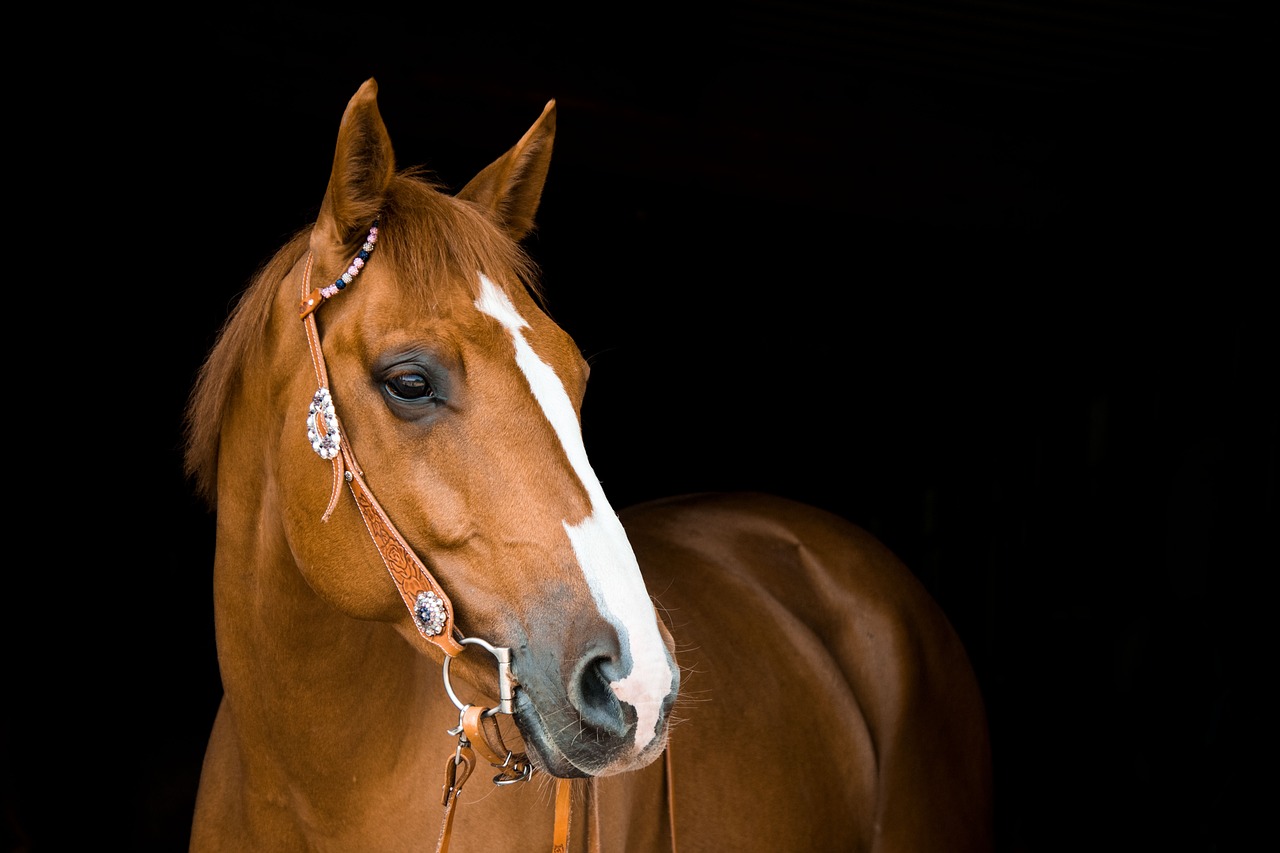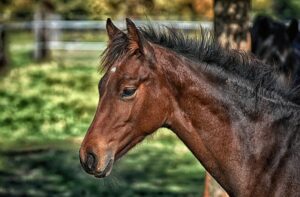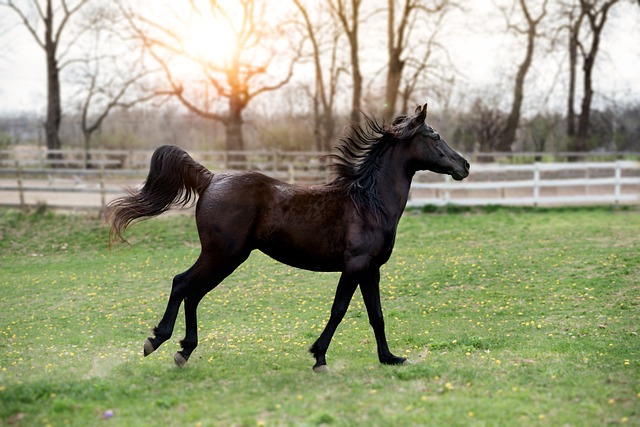
Reasons to Be Careful When Handling Mature Horses Reasons to Be Careful When Handling Mature Horses
Handling mature horses requires a blend of experience, patience, and caution. Anyone who has handled dangerous horses in the world has the experience to explain why safety is important for horse owners. Mature horses, typically considered to be those aged five years and older, have fully developed their physical and behavioral traits, making them unique in how they interact with humans and other horses. Understanding the reasons why it is crucial to be careful when handling mature horses can help ensure safety for both the handler and the horse. This article highlights several key reasons to exercise caution with mature horses.
Established Behaviors and Habits
 Mature horses often have well-established behaviors and habits that can be challenging to change. These behaviors may include learned responses to specific situations, both positive and negative. If a mature horse has developed any bad habits, such as biting, kicking, or refusing to load into a trailer, these can be more difficult to correct than in younger horses.
Mature horses often have well-established behaviors and habits that can be challenging to change. These behaviors may include learned responses to specific situations, both positive and negative. If a mature horse has developed any bad habits, such as biting, kicking, or refusing to load into a trailer, these can be more difficult to correct than in younger horses.
Understanding these ingrained behaviors is essential for safe handling. Handlers need to be patient and consistent when working with mature horses to modify any undesirable behaviors gradually.
Physical Strength and Size
Mature horses are at their peak in terms of physical strength and size. This physical maturity means they can be more powerful and potentially more difficult to control compared to younger horses. A mature horse’s strength can easily overpower a handler if the horse becomes startled, frightened, or aggressive. It is crucial to use proper handling techniques, remain aware of the horse’s body language, and always be prepared to manage the horse’s movements safely. Ensuring that equipment such as halters, lead ropes, and fencing is strong and in good condition can also help manage their strength effectively.
Potential for Injury
Handling mature horses involves a higher risk of injury due to their size, strength, and potential for unpredictable behavior. Even the most well-trained mature horse can react unexpectedly to unfamiliar stimuli, leading to accidents. Injuries can occur from being stepped on, kicked, or bitten. To minimize the risk of injury, handlers should always remain vigilant, use proper safety gear, and maintain a calm and confident demeanor. It is also important to approach and handle the horse in a way that respects its space and reduces the likelihood of triggering a defensive reaction.

Health Issues and Sensitivities
Mature horses may develop specific health issues or sensitivities that require careful handling. Common age-related conditions include arthritis, dental problems, and digestive issues. These health concerns can make the horse more sensitive to touch and handling, and they may require special care routines. Regular veterinary check-ups and tailored care plans are essential for managing these health issues. Understanding and accommodating a mature horse’s health needs can prevent discomfort and ensure the horse remains cooperative and comfortable during handling.
Experience and Training
While mature horses generally have more experience and training than younger horses, this experience can be both an advantage and a challenge. A well-trained mature horse can be reliable and responsive, making them easier to handle in many situations. However, if a mature horse has had negative experiences or inconsistent training, it may have developed defensive or resistant behaviors. It is important to assess a mature horse’s training history and adapt handling techniques accordingly. Working with a knowledgeable trainer can help address any training gaps and reinforce positive behaviors.
Bond and Trust
Building a strong bond and trust with a mature horse is essential for safe and effective handling. Horses are social animals that respond well to consistent and respectful handling. Developing a positive relationship with a mature horse involves understanding its individual personality and communication style. Spending time grooming, feeding, and engaging in low-stress activities can help strengthen this bond. A horse that trusts its handler is more likely to be calm and cooperative, reducing the risk of accidents and improving the overall handling experience.
Conclusion
 Handling mature horses requires a careful and informed approach to ensure safety and build a positive relationship. Recognizing the established behaviors, physical strength, potential for injury, health issues, training background, and the importance of trust are all critical factors in handling mature horses effectively. By exercising caution and using proper handling techniques, you can create a safe and harmonious environment for both you and your mature horse, leading to a rewarding and mutually beneficial partnership.…
Handling mature horses requires a careful and informed approach to ensure safety and build a positive relationship. Recognizing the established behaviors, physical strength, potential for injury, health issues, training background, and the importance of trust are all critical factors in handling mature horses effectively. By exercising caution and using proper handling techniques, you can create a safe and harmonious environment for both you and your mature horse, leading to a rewarding and mutually beneficial partnership.…
